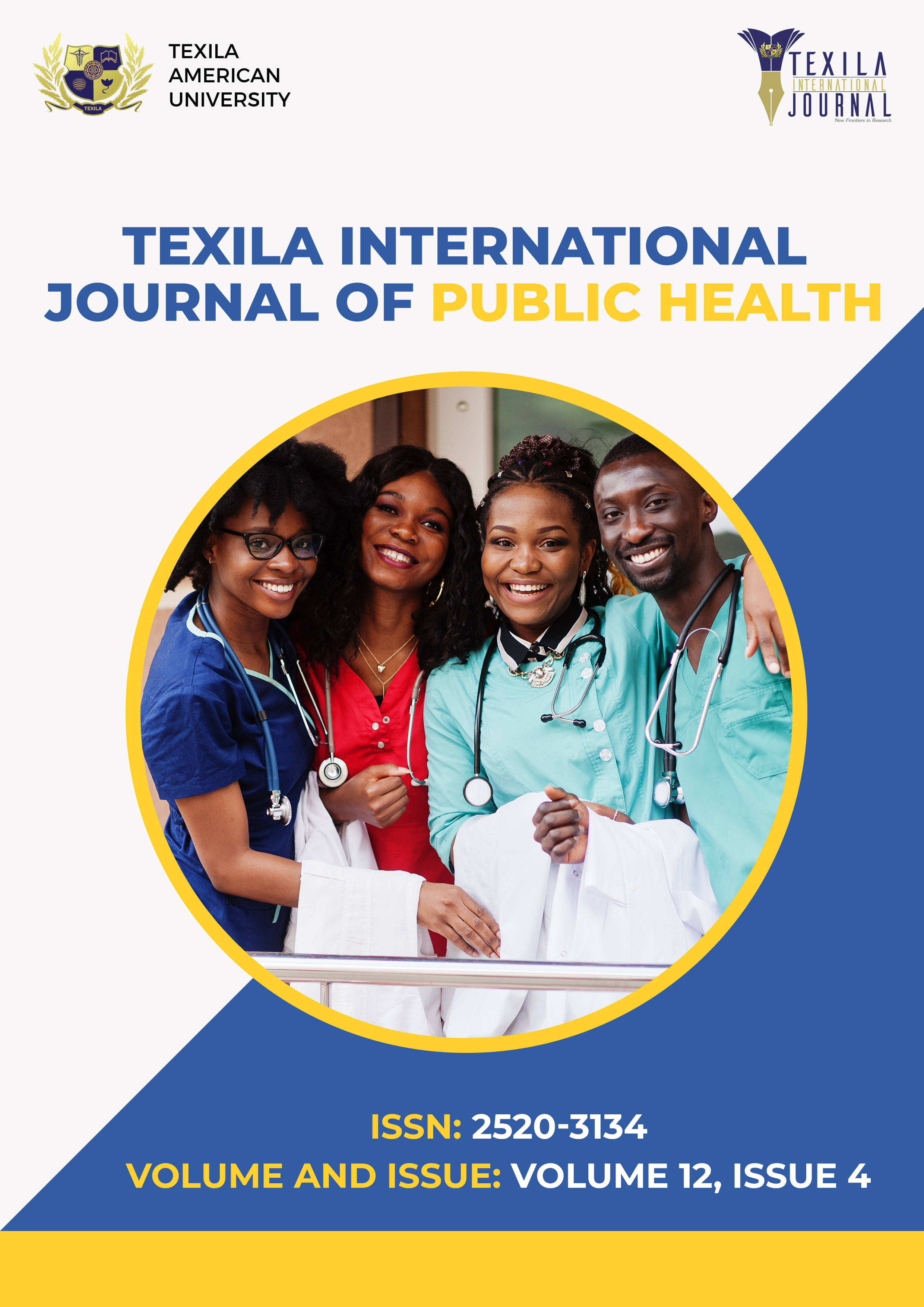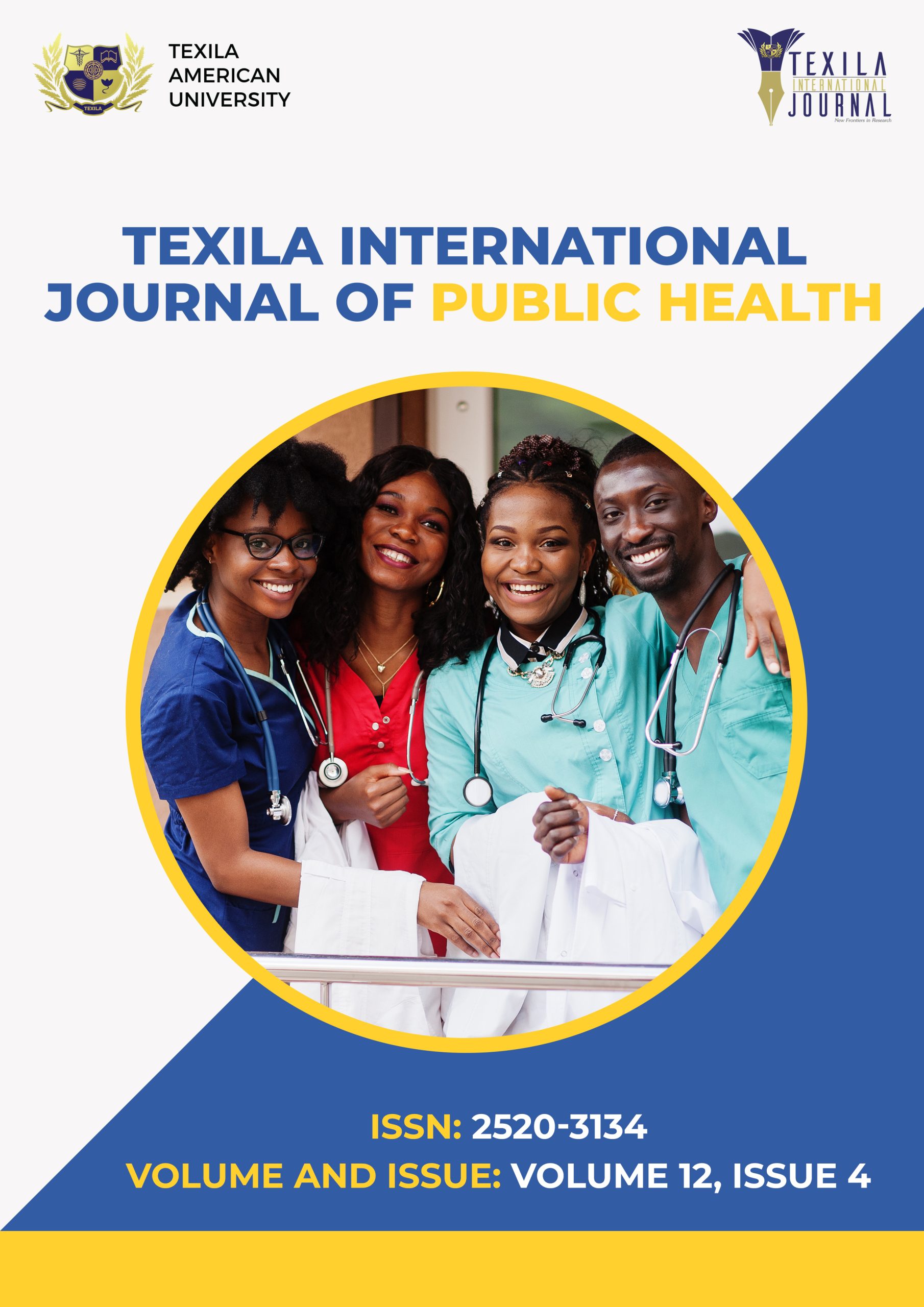
**Children with Autism Spectrum Disorder Display Progress with Vitamin D3 Nanoemulsion**
A recent clinical trial involving 80 children aged 3-6 years has revealed that a specially crafted vitamin D3 nanoemulsion can notably enhance core symptoms of autism spectrum disorder (ASD). This cutting-edge treatment was compared with standard vitamin D3 supplements over a period of six months.
While both groups saw an elevation in blood vitamin D3 levels, only those receiving the nanoemulsion exhibited measurable enhancements. This implies that improved bioavailability may be essential in achieving therapeutic advantages.
**Improved Absorption Technology**
Researchers created a nanoemulsion containing vitamin D3 droplets with a diameter of 61 nanometers, tackling absorption difficulties typical in children with autism. This population frequently experiences gastrointestinal challenges that hinder nutrient absorption. The study categorized 80 diagnosed children into two groups: one received the nanoemulsion, while the other was administered a conventional vitamin D3 supplement. Both groups had the same vitamin D3 levels (1,400 IU daily).
The nanoemulsion incorporated safe ingredients such as olive oil, glycerol, and natural flavoring, encapsulating more than 98% of vitamin D3 effectively.
**Quantifiable Improvements**
Children who were given the nanoemulsion exhibited notable improvements:
– Decreased autism severity ratings on standardized assessments
– Enhanced social IQ and adaptive behavior capabilities
– Improved receptive and expressive language skills
– Elevated blood levels of vitamin D3 variants
**The Vitamin D3 Link**
Children diagnosed with autism frequently present lower vitamin D3 levels, which are associated with developmental difficulties. Vitamin D3 is vital for brain development, affecting serotonin pathways, dopamine levels, and neurotransmitter equilibrium. A deficiency may increase oxidative stress and inflammation, leading to reduced neurotrophic factors that support brain health.
Researchers utilized ultra-performance liquid chromatography to assess two forms of vitamin D3 in blood samples, delivering precise biomarker information.
**Why Nanoemulsions Are More Effective**
Standard vitamin D3 supplements have an oral bioavailability of less than 50%. Nanoemulsions enhance this by:
– Small droplet size that increases surface area for absorption
– Surfactants that improve cell membrane penetration
– Encapsulation that facilitates passage through intestinal tight junctions
These elements may clarify the increased blood level enhancements and improved delivery to brain cells, crucial for autism management.
**Clinical Importance**
The study used the Childhood Autism Rating Scale, Vineland Adaptive Behavior Scale, and Preschool Language Scale. Evaluators and parents were blinded to the type of supplement, ensuring unbiased evaluations. Conventional vitamin D3 raised blood levels but did not alleviate symptoms, indicating the crucial role of bioavailability in therapeutic effects.
Though promising, larger and extended studies are necessary to validate findings and examine response variations between genders. This research signifies advancement towards effective nutritional therapies for neurodevelopmental disorders.
